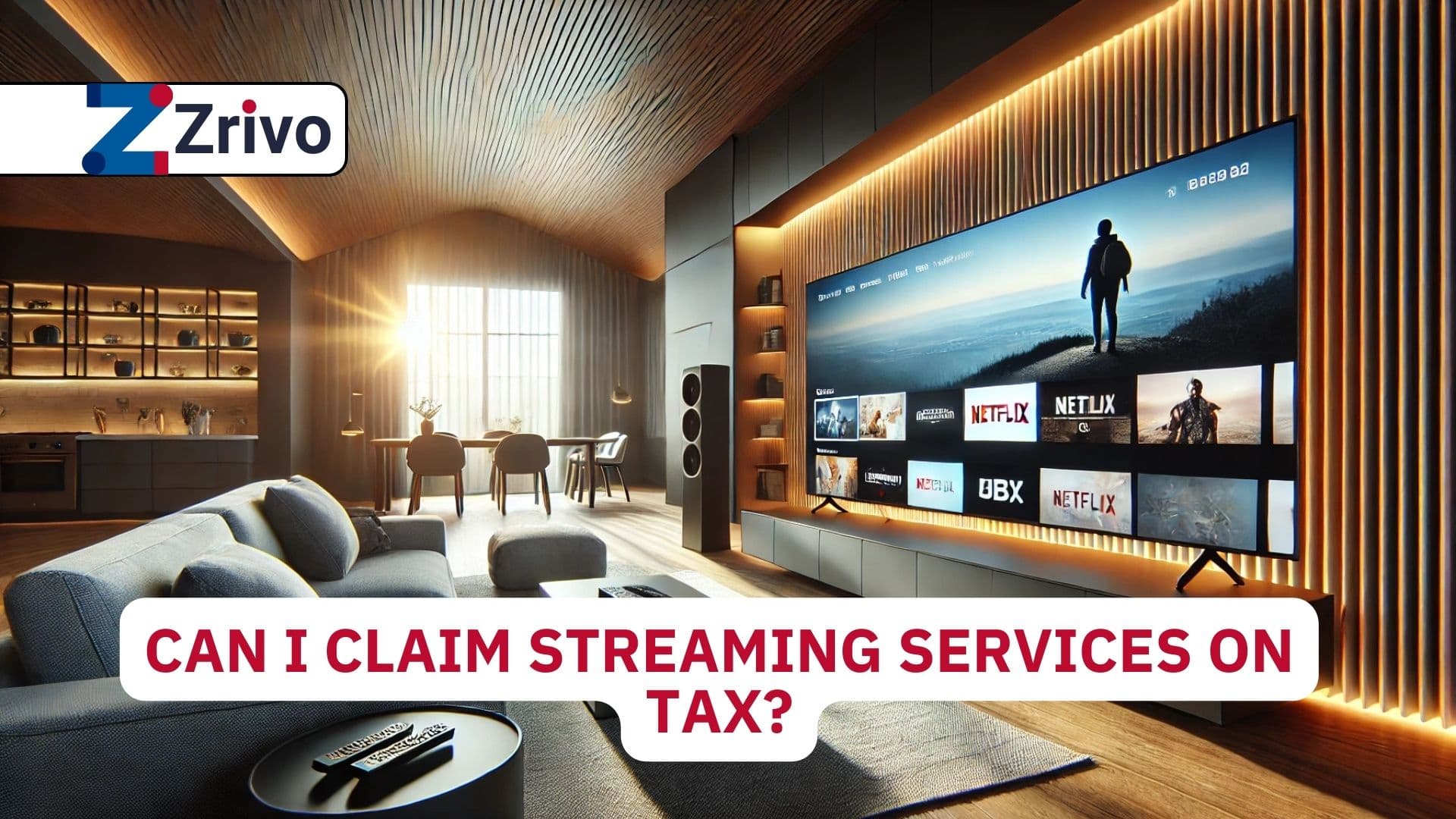
As streaming services have surged in popularity, many individuals and businesses are left wondering, “Can I claim streaming services on tax?” This question is particularly relevant for professionals who utilize these platforms for work-related purposes, such as content creators, educators, and media professionals. The answer is nuanced and depends on several factors, including the nature of your use of these services and your tax status. In this comprehensive article, we will explore the circumstances under which you can claim streaming services like Netflix, Hulu, Spotify, and others as tax deductions. We will also discuss the criteria that must be met to qualify for these deductions, common pitfalls to avoid, and practical tips for maximizing your tax benefits.
Understanding Tax Deductions for Streaming Services
To determine whether you can claim streaming services on your taxes, it is essential to understand the IRS guidelines regarding deductions. Generally, expenses must be ordinary and necessary for your business to qualify as tax-deductible. This means that if you are using a streaming service primarily for personal enjoyment—like binge-watching your favorite shows—you cannot claim it as a deduction. However, if your subscription is directly related to your work—such as researching content for reviews or using educational programming in a classroom setting—there may be grounds for a deduction.
When Can You Claim Streaming Services?
- Business Use: If you are self-employed or run a business and use streaming services to support your work, you may claim these expenses. For example:
- Content Creators: Streamers who subscribe to platforms like Netflix or Hulu to review content or stay updated on trends can deduct their subscription fees.
- Educators: Teachers using documentaries or educational series from streaming services as part of their curriculum can claim a portion of their subscription costs.
- Documentation is Key: To successfully claim these deductions, detailed records are crucial. You should maintain logs of how much time you spend using the service for work versus personal use. This documentation will support your claims in case of an audit.
- Proportionate Claims: If you use a streaming service for both personal and business purposes, only the portion that is work-related can be claimed. For instance, if you use Netflix 60% of the time for work-related activities and 40% for personal viewing, you can deduct 60% of the subscription cost.

Common Pitfalls to Avoid
- Personal Use: If the primary use of the streaming service is personal entertainment, it cannot be claimed as a deduction. For example, a family subscription used mainly for watching movies at home does not qualify.
- Insufficient Records: Failing to keep accurate records of how you use the service can lead to denied claims during tax audits.
- Employer Reimbursement: If your employer reimburses you for the subscription cost, you cannot claim it again as a deduction.
Specific Examples of Deductible Streaming Services
- Netflix: A film critic who reviews films on Netflix can deduct their subscription cost if it is used exclusively for that purpose.
- Spotify: A business owner who plays music in their waiting room can claim their Spotify subscription as a business expense.
- Educational Platforms: Subscriptions to educational content providers used in teaching can also be deductible.
Conclusion
In summary, claiming streaming services on tax is possible under specific circumstances primarily related to business use. To maximize your potential deductions:
- Ensure that your subscriptions are directly tied to your work activities.
- Keep meticulous records detailing how much of each service’s usage is work-related.
- Consult with a tax professional if you’re uncertain about what qualifies as a deductible expense.
By adhering to these guidelines and understanding the nuances of tax law related to streaming services, you can effectively manage your finances and potentially reduce your taxable income through valid deductions. Always stay informed about changes in tax regulations that may affect your eligibility for claiming such expenses in future tax years.